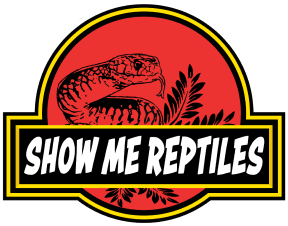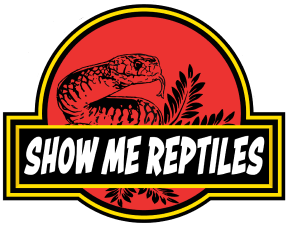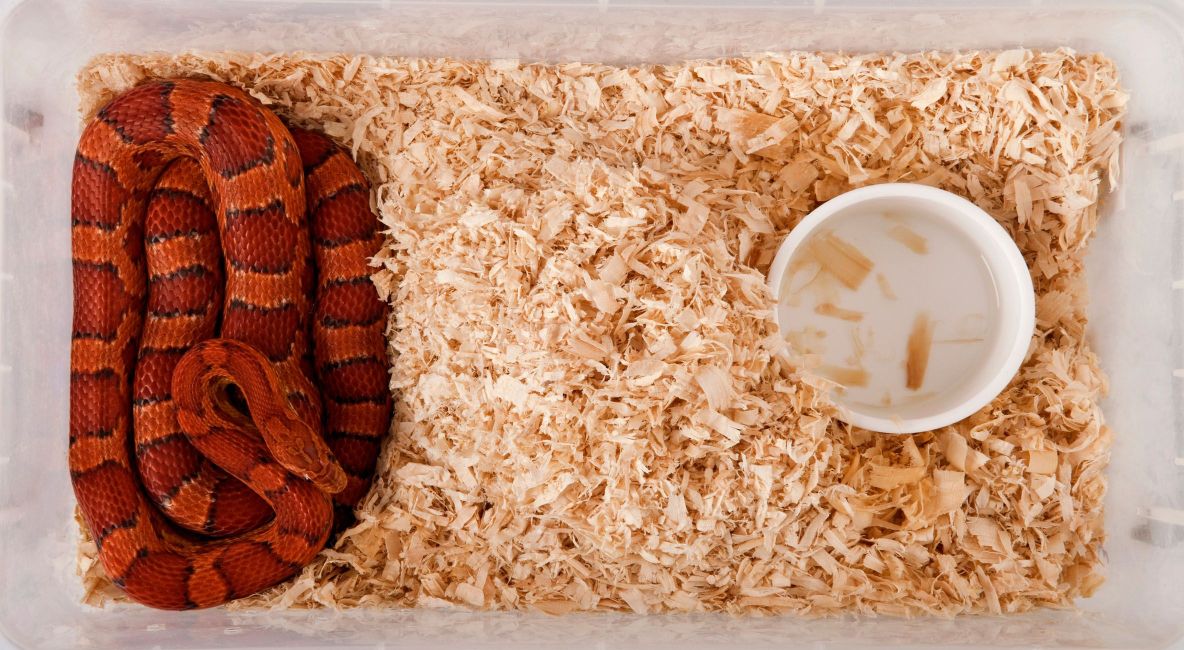Feeding your pet snake is an essential part of responsible reptile care. When it comes to snake diets, one common question revolves around whether to feed live or frozen rodents. Each choices comes with its own set of advantages and disadvantages. Ultimately, the choice is up to the owner. Let's explore the pros and cons of feeding live and frozen rodents to help you make an informed decision that best suits the needs and preferences of your snake.
Feeding Live Rodents
Natural Hunting Experience
Feeding live rodents allows your snake to exhibit natural hunting behaviors. It provides mental stimulation and promotes instincts that can enhance their overall well-being.
Exercise and Enrichment
Live prey often requires more movement and evasive actions, which can encourage your snake to stay physically active during the feeding process. This exercise can help maintain their muscle tone and promote a healthy weight.
Increased Appetite Stimulation
Some snakes may be more enticed by live prey as it mimics their natural hunting experience. Live rodents can be an effective option for enticing finicky eaters or snakes that have difficulty transitioning to frozen prey.
Possible Concerns of Feeding Live Rodents
Risk of Injury to Snake
Live prey has the potential to fight back. Rodents may scratch, bite, or injure the snake during the feeding process, leading to potential injuries, infections, or even death for the snake. If you choose to feed live rodens, you can always monitor them during meals.
Ethical Considerations
For many snake owners, the ethical aspect of feeding live rodents is a significant concern. Witnessing the struggle and suffering of the prey animal during the feeding process can be distressing for some individuals.
Escaped Prey
Live rodents have the potential to escape from the snake's enclosure if not consumed immediately. This can lead to issues such as infestations, damage to property, or even harm to the escaped rodent if you are unable to capture it.
Feeding Frozen Rodents
Safety for the Snake
Frozen rodents are already deceased, eliminating the risk of injury or infection to the snake during the feeding process. This can provide peace of mind to snake owners, especially those with delicate or small snake species.
Convenience
Frozen rodents can be purchased in bulk, allowing you to stock up and have a readily available food supply for your snake. This convenience can save time and effort compared to sourcing live prey continually.
Health Benefits
Frozen rodents can be an excellent option for snake owners concerned about the potential transmission of diseases or parasites often associated with live prey. Properly frozen and prepared prey can offer a safer feeding alternative.
Possible Concerns of Feeding Frozen Rodents
Reduced Stimulation
Frozen prey lacks the movement and stimulation that live prey provides to trigger a heightened hunting response in snakes. Some snakes may show less interest in frozen rodents, leading to feeding difficulties or a decreased appetite.
Transition Challenges
Certain snakes, especially those raised exclusively on live prey, may have difficulty transitioning to frozen rodents. This can be a frustrating process for snake owners and may require additional patience and effort to successfully switch their pets' diet.
Choosing whether to feed live or frozen rodents to your snake is a decision that should be made considering both the pros and cons of each method. While live prey provides a more natural hunting experience and can entice finicky eaters, it carries risks of injury and ethical concerns. On the other hand, frozen prey eliminates these risks, offers convenience, and ensures the safety of your snake. Ultimately, the decision should be based on your snake's individual needs, your comfort level, and the ethical considerations you prioritize as a responsible pet owner. If you are having trouble deciding what to feed your pet snake, we recommend reaching out to a veternarian that specalizes in snakes, or reach out to your breeder.







